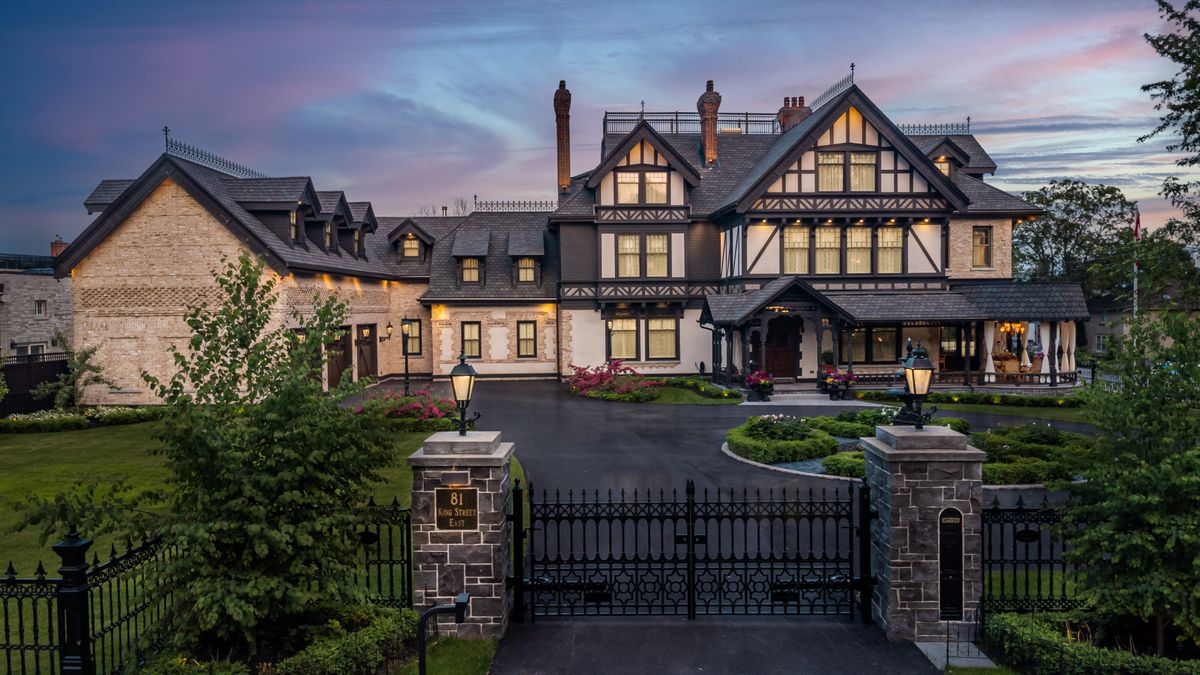Wouldn’t it be something if just once -- once -- Toronto City Council did something smart, something enlightened and, contrary to form, truly intelligent.
Imagine councillors departing from their knee-jerk positions and displaying genuine awareness of issues they face and responding to them with creativity, sensitivity and an awareness of the larger context.
But, as its recent decision to install metal detectors and barriers to bolster security at City Hall reminded us, Council very rarely manages to rise above the tired tropes of conventional wisdom and the usual clichés.
READ: Grow Up: It’s Time Toronto Got Over its Fear of Heights
Listening to Councillor and Deputy-Mayor Michael Thompson (Ward 21 Scarborough Centre) arguing in favour of city-sanctioned paranoia, one couldn’t help but be struck by the sheer banality of his argument. According to Thompson, “there was a time in this city when we would leave our front doors open.” Now, by implication, we huddle in fear as criminals run rampant on the streets of Toronto. To prove his argument, Thompson talked bizarrely about seeing a clearly unhinged woman randomly attacking pedestrians as he drove by.
This idea of a lost golden age is one we hear over and over again. No one would underestimate the power of nostalgia, but that doesn’t mean it should serve as the basis for public policy. Still, the notion persists that there was once a more innocent time, a time when things worked, when we were happy and could trust our neighbours as much they could trust us. Back then parents could let their kids wander the city without concern. Today that sort of behaviour would get them arrested.
“Times have changed,” Thompson told distracted councillors, most of whom probably agreed. Paranoia is now as much a part of the civic culture as it soon will be of City Hall. What makes that so deeply irksome is that City Hall was conceived architecturally, intellectually, physically and philosophically to be open, accessible and, yes, democratic. It is one of few places where we are all welcome. It is our building. It belongs to all of us. That is its point.
But clearly the civic welcome now comes with conditions. Though our councillors are happy to represent us, they no longer feel they can trust us as much as they might like. They now feel a greater need to protect themselves from us. These days we must be searched and our bags examined before we can be allowed in to take part in the democratic process. That can be pretty tedious, but such is the nature of participatory government. And let’s be honest, the level of debate rarely inspires. For the most part, it consists of the usual careerists stating the obvious or at least their version of it.
Thompson’s contribution to the security discussion was a good example; it was more about unexamined feelings than measured reality. Indeed, the member from Scarborough might be interested to learn that crime in Toronto has decreased. Police statistics indicate that crime is down from the mid-1960s when Toronto City Hall opened. That’s why Thompson’s assumptions say more about him and his anti-city biases than the observable facts of urban life.
READ: The Year Ahead – Top Ten Ideas For A Better Toronto
Yet, according to the City’s website: “The safety of all those who work, visit or do business at City facilities is the top priority of the City of Toronto. Visitors to Toronto City Hall will undergo baggage screening before accessing certain areas of the building. This includes offices of the Mayor and councillors, the committee room, and the Council Chambers. Visitors will also be required to walk through a metal detector when accessing Council Chambers.” On the other hand, we won’t be required to undergo screening to pay our property taxes or utility bills.
That’s a relief!
It fell to Councillor Shelly Carroll (Ward 17 Don Valley North) to point out that the need for enhanced security seems to go hand in hand with a decline in visible staff members. The loss of what she called a “welcoming human presence” leads to a perception of emptiness that can only be countered with more intrusive screening measures and people in uniform.
But speaking of perception, the most likely outcome of Council’s decision to install metal detectors – by a vote of 18 to 2 – is an even greater sense of alienation between residents and their representatives. The move speaks loudly and clearly of councillors’ growing unease about the very Torontonians they represent. They have made manifest their desire to keep us out.
Foolish consistency, Ralph Waldo Emerson told us, is the hobgoblin of little minds. In the 21st century, so is security.





















